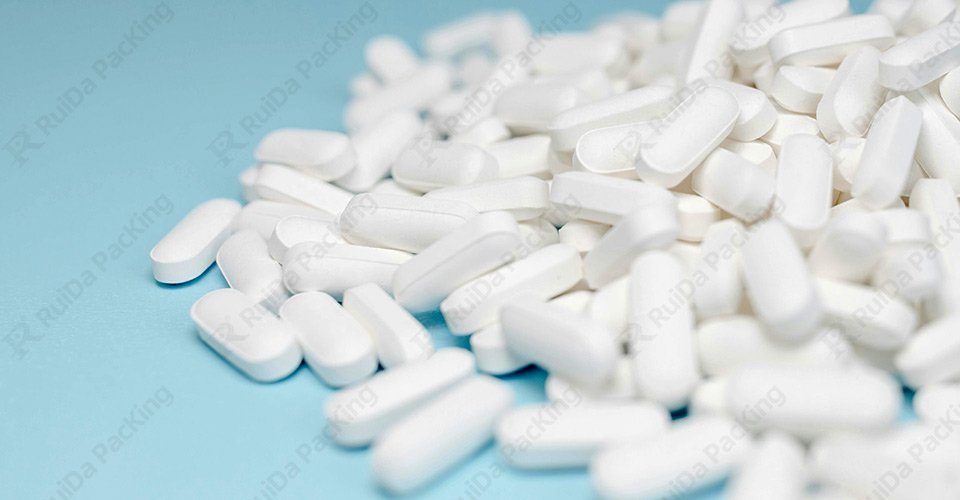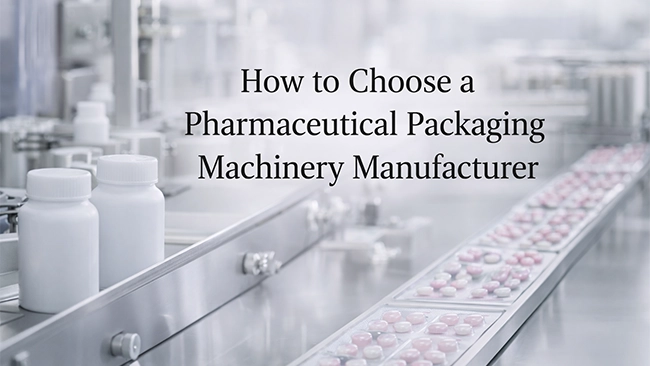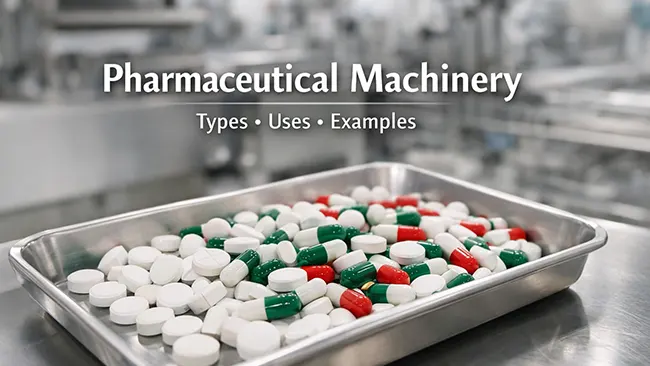Asking the right questions when selecting a tablet press is crucial for making an informed decision. The choice of tablet press affects not only production efficiency but also product quality and compliance. This article will guide you through ten key questions that will help you find the most suitable tablet press for your production needs, ensuring smooth and efficient operation.

1. What Are Your Production Needs?
First and foremost, you need to clarify your production needs. Consider factors such as production scale, expected output, and the frequency of operation. These are critical elements in making your choice.
If your production requirement is to produce thousands of tablets per hour, you’ll want to look for high-output tablet presses. Conversely, if you’re producing on a smaller scale, a semi-automatic tablet press might suffice. Understanding your production needs is the foundation of your equipment selection.
2. What Types of Tablets Will You Be Pressing?
Different tablet types impose different requirements on the tablet press. You should consider the physical properties of the tablets, such as particle size, flowability, and compressibility. Some tablets may be pressure-sensitive, while others might require specific pressing processes.
If you’re pressing a highly viscous tablet, it’s essential to choose a tablet press designed for such materials. Additionally, you should consider whether you need a double-side tablet press or single-side tablet press operation, as this can impact your final equipment choice.
3. What Are Your Requirements for Output and Speed?
Output and speed are key parameters to consider when selecting a tablet press. Assess your required output per hour and understand the production speeds of different models. These factors directly influence production efficiency.
If you need to complete large orders in a short time, opting for a tablet press with high speed and stable output will significantly enhance efficiency. If your production pace is slower, you don’t need to prioritize high speed; a suitable machine will do.
4. What Is Your Budget?
Setting a reasonable budget is critical to ensuring a smooth procurement process. You should consider not only the purchase cost of the equipment but also the anticipated maintenance and operational costs. Evaluating the long-term return on investment, especially for purchasing and maintaining the tablet press, will influence your final decision.
While high-end tablet presses may require a higher initial investment, their efficiency and lower maintenance costs can make them more economical in the long run. In contrast, cheaper machines may have lower initial costs but can lead to higher repair and downtime expenses due to frequent malfunctions.
5. Do You Need Automation Features?
When considering automation features, you need to evaluate your production requirements. The choice between fully automatic or semi-automatic tablet presses will impact efficiency and labor costs. If your production line demands high efficiency and output, a fully automatic press is likely the better choice.
Automated tablet presses reduce manual intervention, improving production efficiency while minimizing the risk of human error. Moreover, fully automatic equipment typically comes with advanced technology, allowing for greater production precision.
6. How Convenient Is Maintenance and Cleaning?
When purchasing a tablet press, the convenience of maintenance and cleaning should not be overlooked. Inquire about the disassembly and cleaning processes of the equipment to avoid future hassles.
A tablet press that is easy to disassemble and clean can significantly reduce downtime, enhancing overall production efficiency. The design of the equipment should facilitate easy routine cleaning, allowing operators to perform maintenance quickly and effectively.
7. What Are the Size and Space Requirements of the Tablet Press?
When selecting equipment, confirming the spatial limitations of your production facility is crucial. You need to understand the footprint of the equipment and its configuration requirements to ensure that the tablet press can be installed smoothly within your production line.
If space is limited, you may need to look for compact or small-scale tablet presses that optimize the use of your production environment. Proper sizing of the equipment can enhance operational efficiency and improve the overall layout of your production line.
8. What Is the Support and After-Sales Service from the Supplier?
Evaluating the supplier’s reputation and customer feedback is vital when selecting a tablet press. You should understand the warranty and after-sales service terms provided by the supplier to ensure that you receive timely support when issues arise with the equipment.
Choosing a supplier that offers robust after-sales service can save you time and costs, allowing for rapid recovery of production in case of equipment failure. This is a crucial factor for ensuring the long-term, stable operation of your equipment.
9. Does Your Production Process Require Customization?
Depending on your specific production needs, you may require a customized tablet press. Understanding whether the supplier offers customization services and their capabilities can help you find the most suitable equipment for your needs.
If your production process requires special designs or functionalities, ensure that the chosen supplier has the ability to customize the equipment to meet your unique requirements. This flexibility can significantly enhance the efficiency of your production line.
10. How Do You Evaluate the Technical Parameters of the Tablet Press?
Understanding the technical parameters of the tablet press is key to ensuring you select the right equipment. You need to learn about the technical specifications of the device, such as pressure, speed, and power, and compare them across different brands and models.
Pressure and speed are directly linked to the quality of the tablets produced. Choosing the right technical specifications that align with your production needs will ensure product consistency and high quality.
Recommended Equipment
We would like to recommend the ZP 26D-40D High Speed Rotary Tablet Press from Ruida Packing. This high-speed tablet press is capable of achieving production speeds of up to 260,000 tablets per hour with excellent performance, while pressure detection and intelligent reject features ensure product consistency and quality control. In addition, Ruida Packing’s ZP-29D tablet press is an equally efficient and reliable option for a variety of production needs.
Conclusion
By carefully considering these ten questions, you can clearly define your requirements and choose the ideal tablet press. This not only enhances production efficiency but also ensures the high quality of your products. Remember, asking the right questions is the bridge between you and efficient production—don’t overlook it.


